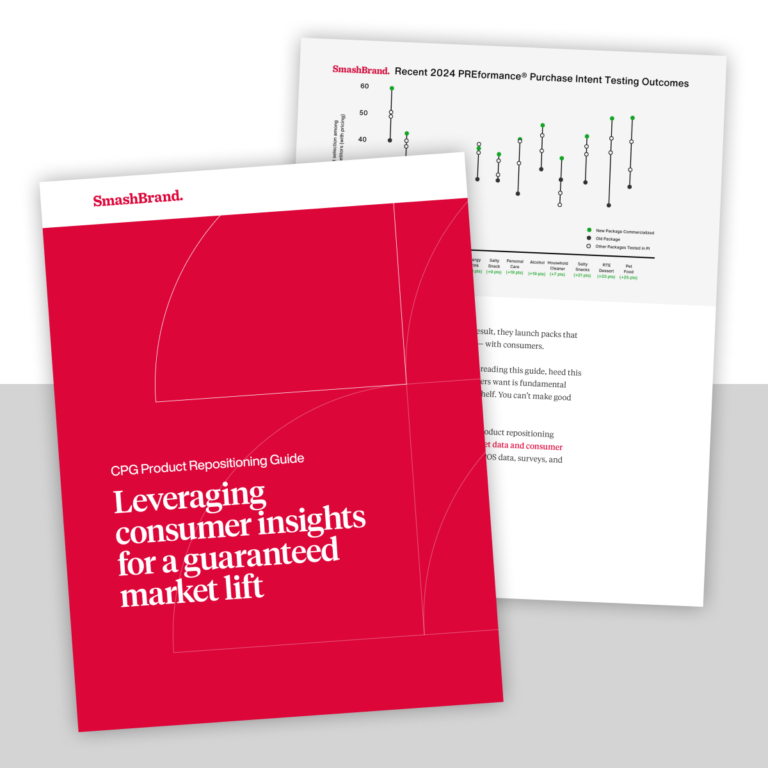Everyone enjoys a glass of pure, sweet, health-giving orange juice. However, “Simply Orange,” the orange juice brand that is advertised as being essentially squeezed from the fruit even before it is picked from the tree it’s so darned fresh, is undergoing a bit of an image hiccup. While the brand is perfectly happy to have us believe that its juice is as pure and natural as the morning dew glistening on their hand-picked oranges, the brand is actually owned by [ominous music here] Coca-Cola, which is to freshness and nature what a “Real Housewife” is to pride and dignity.
Consumers buy Simply Orange juice because they believe it is a fresh natural product. It came out recently that Coca-Cola employs a “Black Book” algorithm to ensure the juice product is consistent all year round. Even if the strategy was totally clean and wholesome, what kind of lunatics would give it a name like “Black Book?” It sounds like a Cold War death squad roster.
Anyway, this algorithm and its practices involve a ton of engineering, processing and additional non-orange juice ingredients, which are really, really unlike the folksy, fresh-squeezed commercial veneer so lovingly narrated by respected actor Donald Sutherland. Now that the world knows what’s happening in the Simply Orange laboratory, how can the company save itself and its product? Through effective branding, that’s how. Of course, since the brand image entirely misrepresents the product, a bit of PR wizardry might be in order in this case.
Trying to Right a Brand’s Sinking Ship
Branding was a rather offensive term only a few years ago, considering how it calls to mind the disfigurement of property, animals and even people to broadcast ownership. Today, we happily brand ourselves and allow ourselves to be branded by others (anyone wearing a national team sports jersey is advertising someone’s brand, and has paid money for the privilege). As effective branding is more important to a company than producing a quality product, managing brand image is a billion dollar industry. No organization is immune to occasional brand tarnish.
Take cruise ships, for example. For the past few years, luxury cruise ship disasters have been so spectacular and widely broadcast that it wasn’t just the specific luxury cruise lines that were effected; every single cruise ship was covered in taint (and vomit, apparently). It is difficult even to consider a cruise without considering horrid intestinal infections or potential Poseidon Adventure disasters. Nonetheless, cruise ships continue to chug along, largely because they lower prices drastically after every major mishap, which baffles us, since an intestinal parasite cruise is markedly worse than no cruise at all. In any case, the companies don’t weep; they don’t act like they did anything deliberately wrong and they don’t ignore the problem. They issue an apology and offer discounts. And it works.
Olympic Woes
If a company has been bragging about the quality of its products in numerous public forums and then finds that the product might have failed in some spectacular way, effective branding can come to the rescue. Say, for example, you manufacture a line of speed skating uniforms for an Olympic team, and that team goes on to perform worse than they ever have in any major competition. Do you blame the athletes? Do you vigorously defend your product and insist your suits are built according to rigorous specifications? Do you book your CEO on Piers Morgan Live and instruct him to weep during his apology?
In this case, the brand shouldn’t puff out its chest and insist that the suits had nothing to do with the team’s sporting disgrace. There was no malice aforethought; the team just performed badly and they happened to be wearing suits that other coaches predicted would slow them down significantly. A straightforward acknowledgment of the situation, the brand’s regret that their product might have contributed to it and the promise that they will perform rigorous research to determine whether or not the suits were culpable should be enough.
Marketing and branding is rocky terrain. Cruise ships will occasionally hit a reef or host a parasite. Once in a while, athletic uniform manufacturers will miscalculate a suit’s wind resistance. Sometimes, orange juice producers lie outright. In any case, keeping a cool head and a clear course of action will help to steer a brand out of danger. Of course, if you’re Coca-Cola and you threaten to pull advertising from any network or publication that broadcasts your deception, that helps, too.
Data-Driven Brand Development
Want a best-selling brand? SmashBrand is a brand development agency for FMCG and CPG companies. From brand strategy to packaging design testing, our Path To Performance™ process guarantees a retail performance lift. Book a time to discuss your project with our team.
Subscribe to
Nice Package.
A monthly newsletter that unpacks a critical topic in the FMCG & CPG industry.
Free Resource.

CPG product repositioning guide.
Explore the five undeniable signs your CPG product needs repositioning along with strategies for leveraging consumer insights for a guaranteed market lift.
Learn More About CPG product repositioning guide.